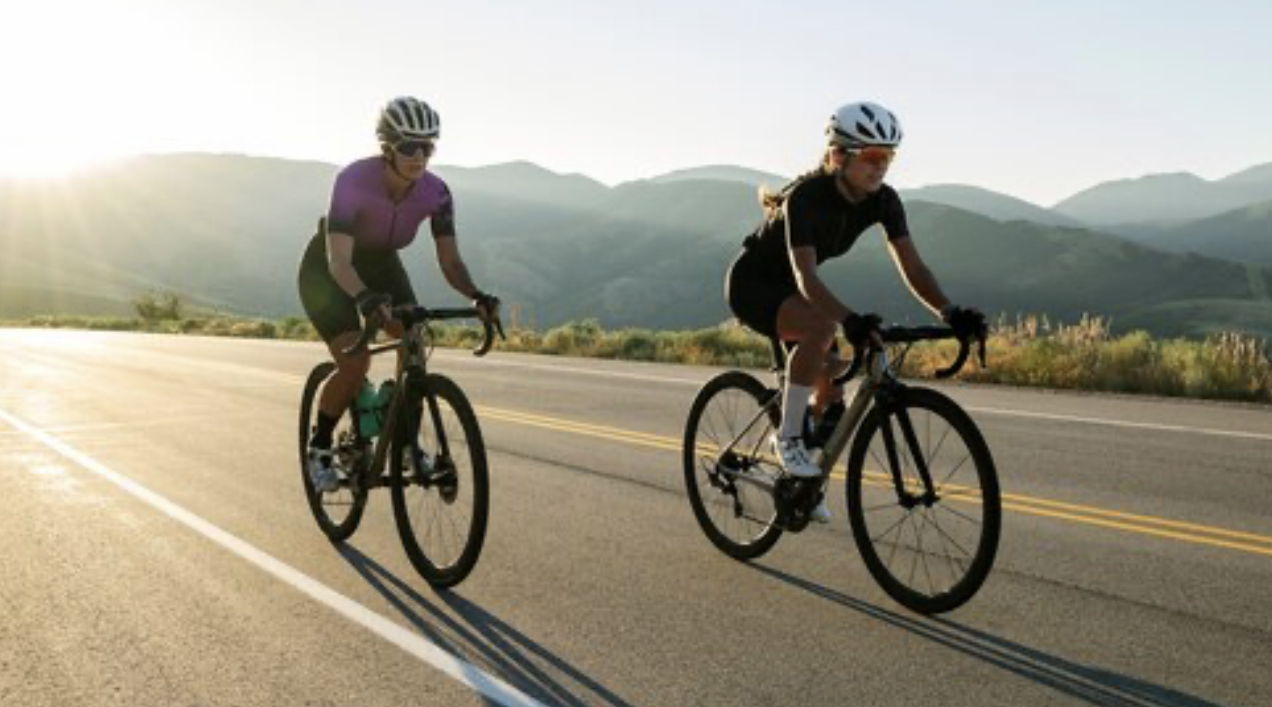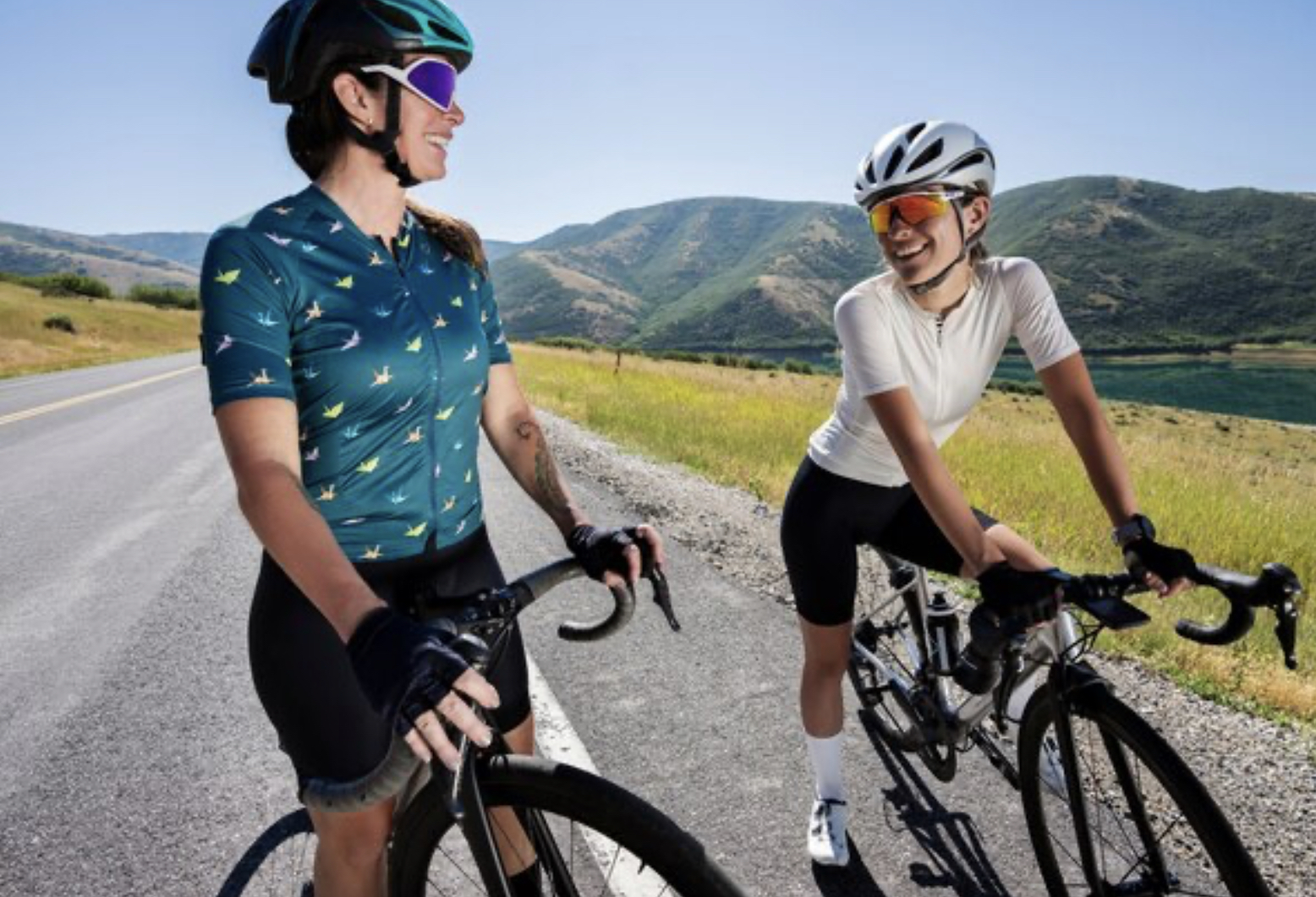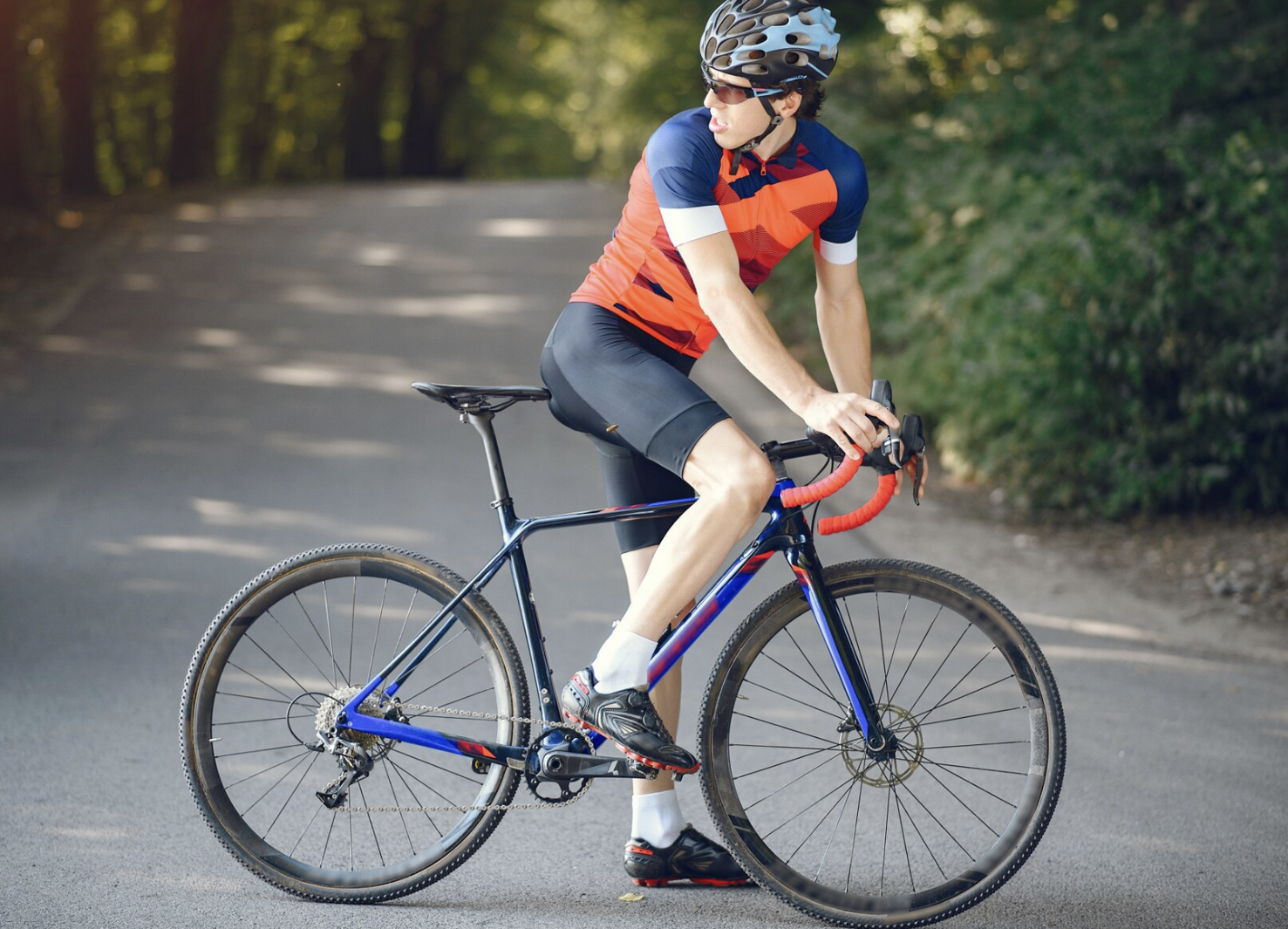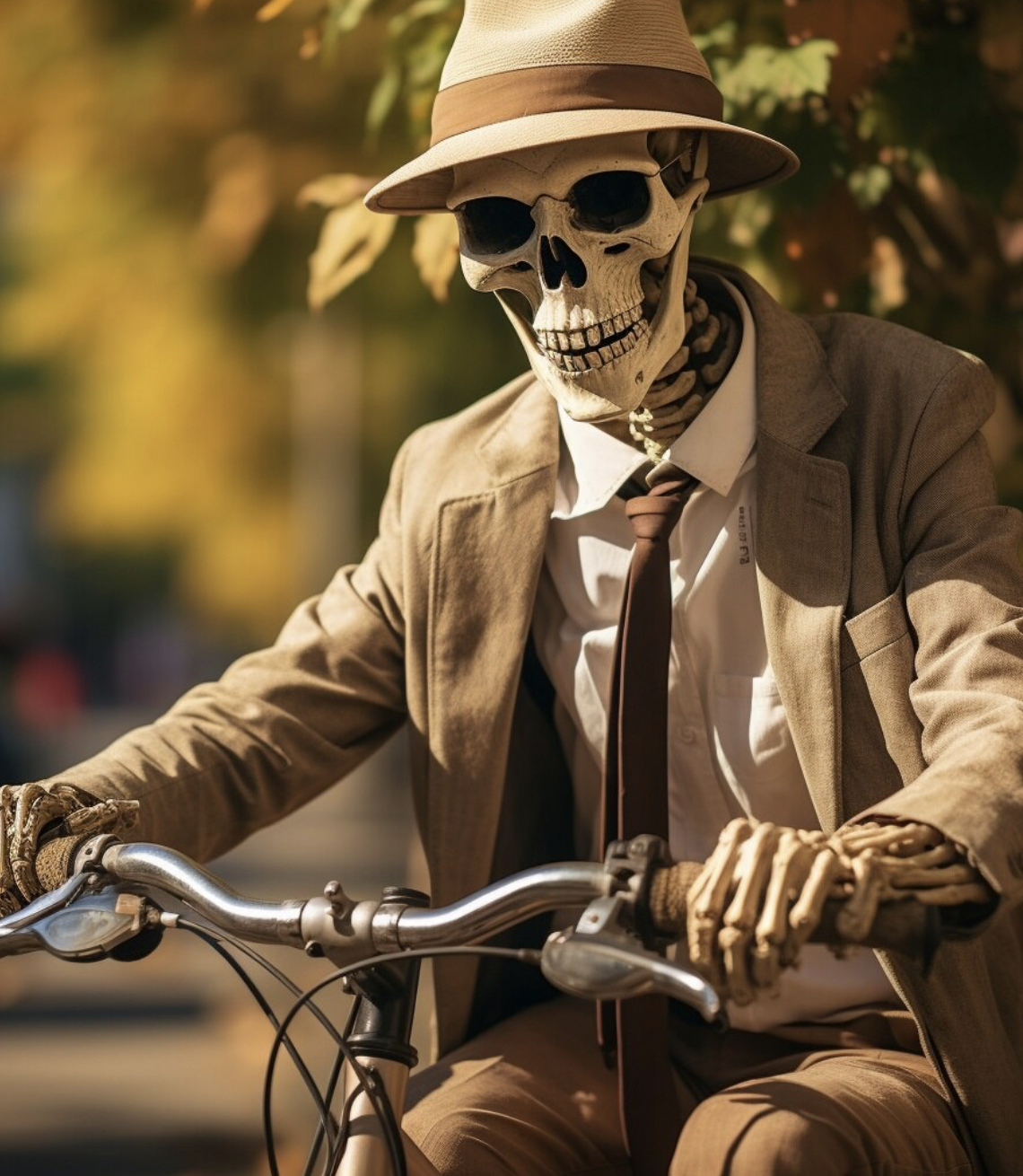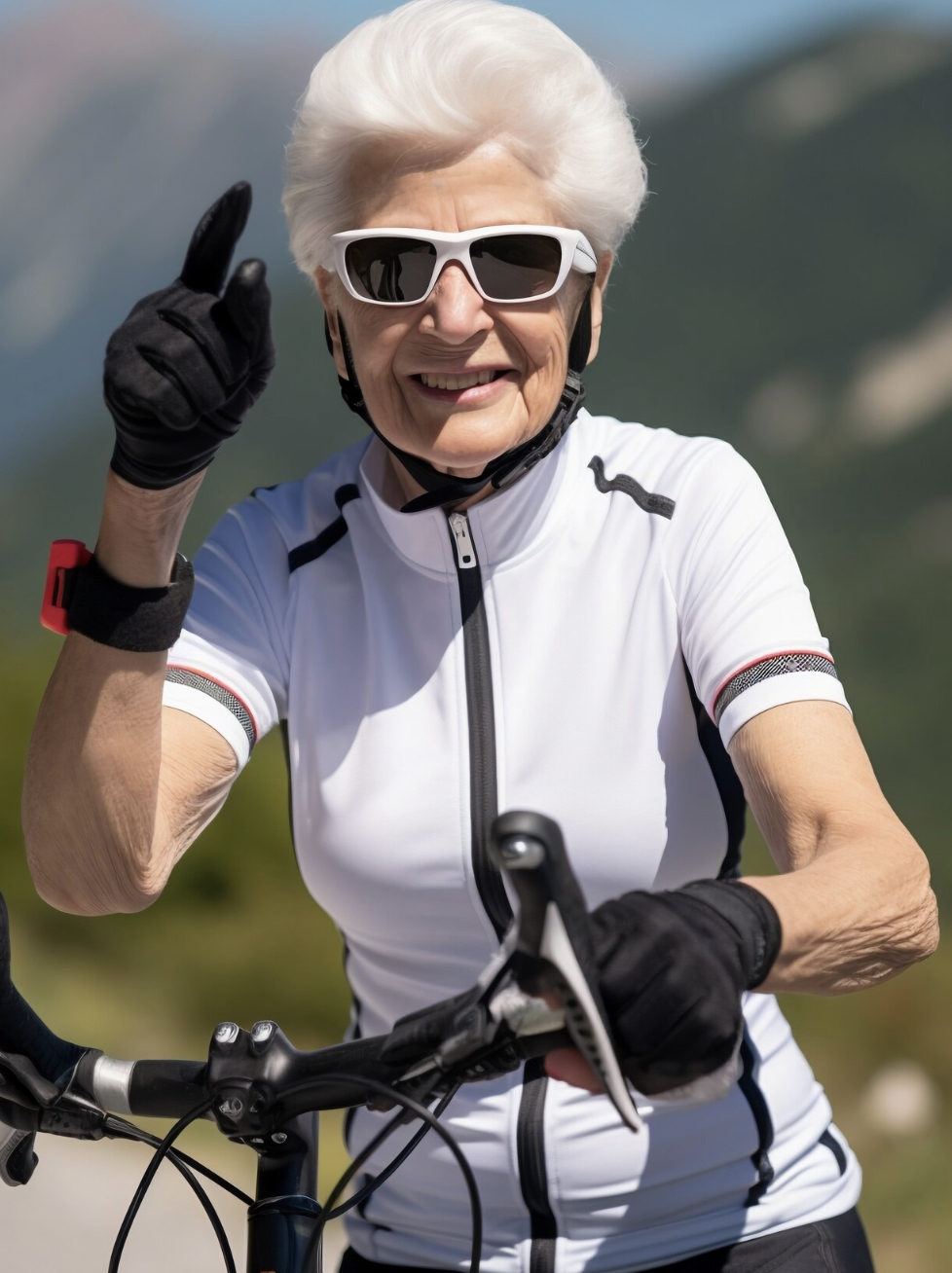
What is the peak age for a cyclist?
The concept of a specific “peak age” for cyclists can vary depending on the type of cycling, individual genetics, training, and goals. There is no universally agreed-upon peak age for cyclists, as it largely depends on factors like discipline (road racing, mountain biking, time trials, etc.), experience, and genetics.
Several studies and anecdotal evidence suggest that cyclists in different disciplines tend to peak at different ages:
- Road Racing: In professional road racing, many cyclists tend to peak in their mid-20s to early 30s. A study published in the journal “PLoS ONE” in 2012, titled “Age and Performance of Elite Male Athletes in World Championship Triathlon” by Senefeld, J. et al., found that elite road cyclists often peak around the age of 30.
- Time Trials: Some evidence suggests that time trial specialists may peak a bit later, often in their late 20s or early 30s.
- Endurance Events: Long-distance and ultra-endurance events may see peak performance in cyclists who are in their 30s or even 40s. Experience and endurance can be a significant advantage in these events.
- Mountain Biking: In mountain biking, the age of peak performance can vary significantly, with some riders excelling in their late teens and 20s, while others continue to perform at a high level well into their 30s and 40s.
It’s important to note that these are general trends and that individual variation is substantial.
Genetics, training methods, and lifestyle factors all play a crucial role in determining when a cyclist might reach their peak performance.
Here is what you need to know:
Is 30 too old to become a pro cyclist?
No, 30 is not necessarily too old to become a professional cyclist, though it may be more challenging compared to starting at a younger age.
While many professional cyclists start their careers in their late teens or early twenties, there are instances of individuals who have successfully transitioned into professional cycling in their 30s or even later.
Several factors can influence your chances of becoming a professional cyclist at the age of 30 or older:
- Talent and Determination: Your natural cycling talent and determination can play a significant role. If you have a strong passion for the sport, exceptional talent, and a strong work ethic, you can still pursue a professional career.
- Training and Coaching: High-quality training and coaching can help you make significant improvements in your performance, regardless of your age. Proper guidance and a structured training program are crucial.
- Racing Experience: Gaining experience through amateur and semi-professional racing can help you build a competitive track record and catch the attention of professional teams.
- Discipline and Specialty: Some cycling disciplines may be more forgiving of late starters. For example, endurance events and ultra-distance cycling may offer more opportunities for older athletes.
“Think of bicycles as rideable art that can just about save the world.” -Grant Petersen
